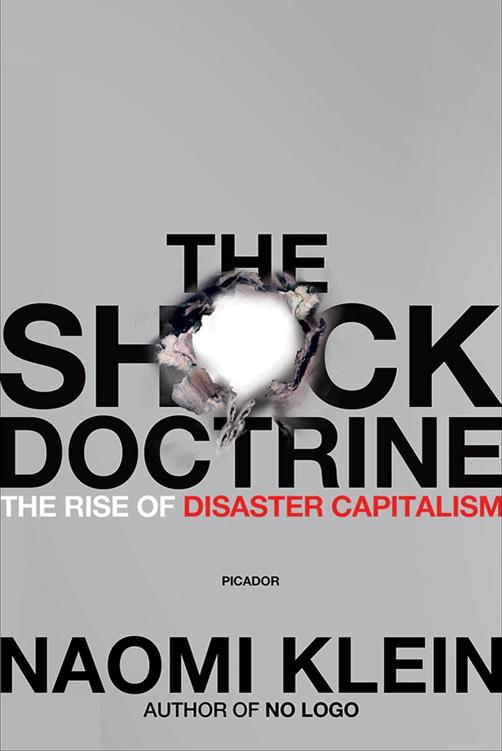"Despite breathless headlines warning of a robot takeover in the workforce, a new research briefing from Oxford Economics casts doubt on the narrative that artificial intelligence is currently causing mass unemployment. According to the firm’s analysis, “firms don’t appear to be replacing workers with AI on a significant scale,” suggesting instead that companies may be using the technology as a cover for routine headcount reductions.
In a January 7 report, the research firm argued that, while anecdotal evidence of job displacement exists, the macroeconomic data does not support the idea of a structural shift in employment caused by automation. Instead, it points to a more cynical corporate strategy: “We suspect some firms are trying to dress up layoffs as a good news story rather than bad news, such as past over-hiring.”
The primary motivation for this rebranding of job cuts appears to be investor relations. The report notes …
"Despite breathless headlines warning of a robot takeover in the workforce, a new research briefing from Oxford Economics casts doubt on the narrative that artificial intelligence is currently causing mass unemployment. According to the firm’s analysis, “firms don’t appear to be replacing workers with AI on a significant scale,” suggesting instead that companies may be using the technology as a cover for routine headcount reductions.
In a January 7 report, the research firm argued that, while anecdotal evidence of job displacement exists, the macroeconomic data does not support the idea of a structural shift in employment caused by automation. Instead, it points to a more cynical corporate strategy: “We suspect some firms are trying to dress up layoffs as a good news story rather than bad news, such as past over-hiring.”
The primary motivation for this rebranding of job cuts appears to be investor relations. The report notes that attributing staff reductions to AI adoption “conveys a more positive message to investors” than admitting to traditional business failures, such as weak consumer demand or “excessive hiring in the past.” By framing layoffs as a technological pivot, companies can present themselves as forward-thinking innovators rather than businesses struggling with cyclical downturns.
(...)
The Oxford report highlighted data from Challenger, Gray & Christmas, the recruiting firm that is one of the leading providers of layoff data, to illustrate the disparity between perception and reality. While AI was cited as the reason for nearly 55,000 U.S. job cuts in the first 11 months of 2025—accounting for over 75% of all AI-related cuts reported since 2023—this figure represents a mere 4.5% of total reported job losses.
By comparison, job losses attributed to standard “market and economic conditions” were four times larger, totaling 245,000."
#AI #GenerativeAI #Automation #Productivity #Layoffs #Capitalism


















